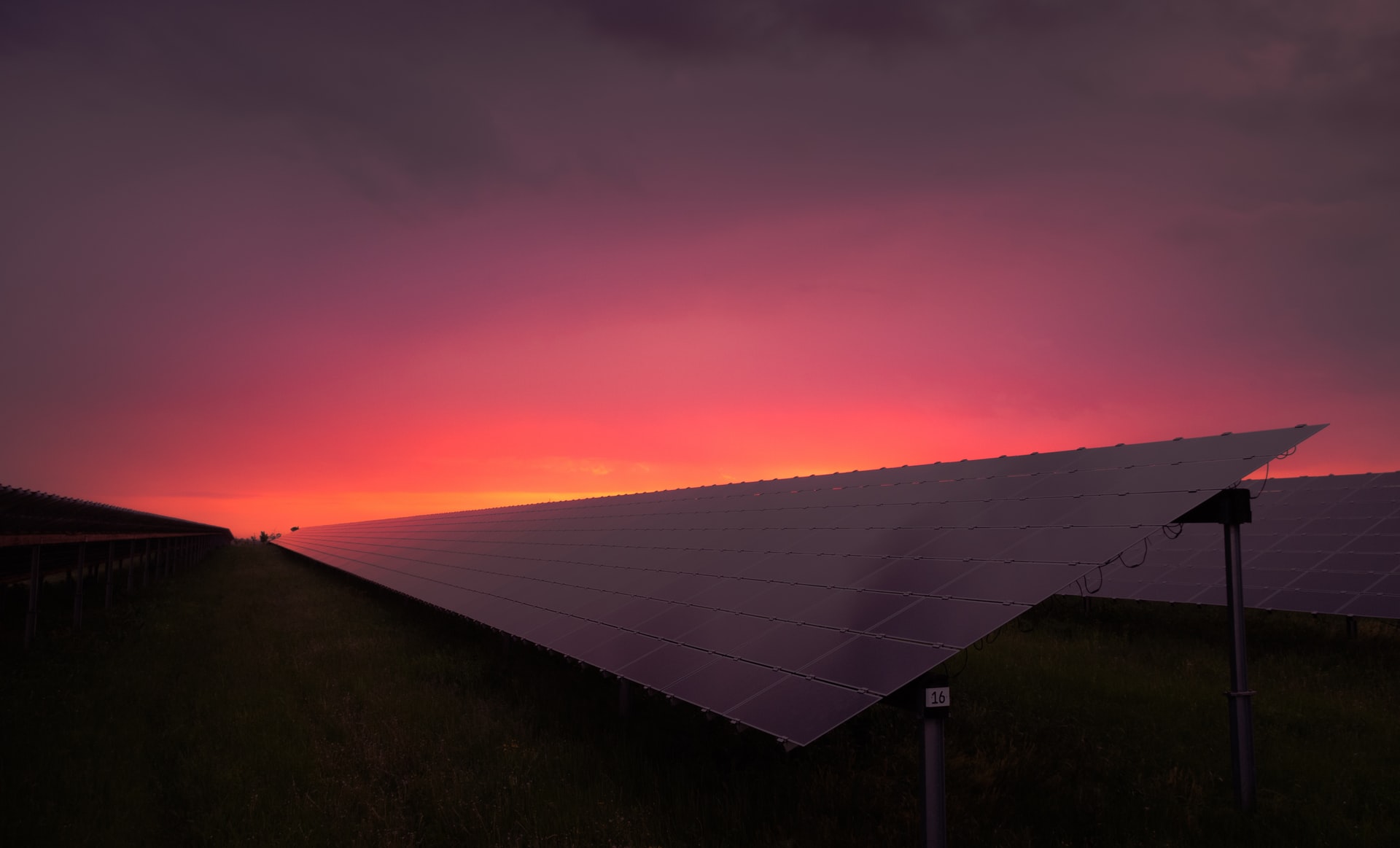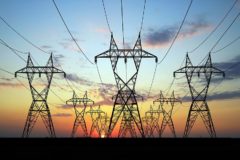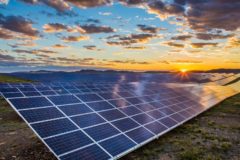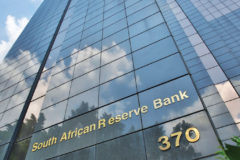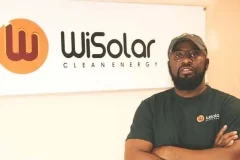By selling carbon credits in the International Voluntary Carbon market, Africa’s clean-energy providers can shore up their revenues, expand their product offerings and serve more people.
Africa’s off-grid energy startups struggle to consistently meet revenue goals and have to depend on grants and new equity financing rounds to grow. A Denmark-based startup wants to change that by helping Africa’s clean energy firms access another source of revenue by tapping the international voluntary carbon credit market.
Carbon credits are permits that allow the holder to emit one ton of carbon or equivalent greenhouse gases. These permits are issued by governments or independent verifying companies and can be traded. Typically, carbon credits are issued to companies or projects that reduce or avoid carbon emissions. Firms that exceed government emissions limits (in places where those exist) or that seek to compensate for their carbon emissions then buy these credits to offset their emissions footprint. The idea behind carbon trading is that it should incentivise lower emissions and provide funding for renewables.
2021 saw record volumes of carbon credits traded on both voluntary and compliance carbon credit markets. In the voluntary market, annual market value crossed the $1 billion mark for the first time, with an all-time market value hitting $6.7 billion, per data from Ecosystem Marketplace.
At the start of 2021, China launched its first national emissions-trading scheme—the biggest of the 17 carbon trading markets currently existing in 45 nations. Buying and selling government-issued permits (or carbon trading) allow the permit holder to emit carbon dioxide without facing government fines. From small-scale tests in the United States to national rollouts in New Zealand, the concept became truly international in 1997 when some 180 countries signed the Kyoto Protocol.
Although the original scheme was dogged by corruption and ultimately failed to reduce emissions, the concept persevered and eventually became the linchpin of the European Union’s climate change reduction effort. Until China’s national emission scheme went live early last year, the EU’s carbon trading market was the largest in the world.
However, despite helping to reduce emissions—to which Africa contributes little—clean energy startups and projects operating in Africa struggle to generate sustainable revenue and are mostly missing in international carbon markets.
A CO2 avoidance programme for clean-energy tech in emerging economies
Founded in 2018, Copenhagen-based Solstroem allows micro-and-off-grid providers to sell micro-avoidance carbon credits in the voluntary carbon credit market. Avoidance carbon credits are offsets that come from projects that do not add to carbon emissions, as opposed to credits that come from efforts to remove carbon emissions. By selling carbon credits, distributed energy providers in Africa are able to shore up their revenues and avoid having to dilute equity or depend on the goodwill of grant givers.
“In this particular case, the deployment of solar home systems essentially brings down the use of kerosene and diesel, and that environmental saving can be quantified into credits and those are the credits that we sell,” explained Karim Jabbar, co-founder and CEO of Solstroem.
But solar energy systems in Africa are small and the market fragmented. While a carbon credit is a certificate for avoiding or removing 1 ton of carbon from the atmosphere, the average price of that ton is only $33. And the companies who buy carbon credits typically purchase credits for hundreds of thousands to millions of tons. So this scale means it is difficult for Africa’s micro or small off-grid clean energy providers to significantly generate enough credits to make the hassle worthwhile.
By aggregating from and generating micro-credits for distributed energy providers, Solstroem enables these providers to get additional revenue in hard currency. This can prove to be an important source of revenue for distributed energy firms operating in Africa. Especially since the voluntary carbon credit market crossed the $1 billion mark in annual value last year and is expected to continue to grow significantly this year, potentially outpacing supply in the next few years.
After receiving a $150, 000 investment from All-On (matching a previous investment made by Persistent Energy Capital LLC last November) the firm, which has been operating in Latin America and East Africa, is seeking to onboard distributed energy providers in West Africa, especially Nigeria. Unlike most carbon trading platforms, Solstroem says 70% of revenues from selling credits go to their energy partners. In a promotional video, Bianca Jonas, a Solstroem customer, says this is often the opposite in other solutions where 70% of revenues stay with retailers and climate consultants in the form of fees.
Solstroem represents an opportunity for African clean energy startups to increase and shore up revenue by selling carbon credits and helping to incentivise innovation in the clean energy space in Africa beyond grants and the odd revenue. To verify that its carbon credits represent the equivalent carbon removal or avoidance that they claim to represent, Solstroem says its digital carbon avoidance certificates are verified by DNV. DNV is an internationally accredited registrar and classification society headquartered in Høvik, Norway.
Beyond the voluntary market: a wider opportunity for Africa
Egypt in northern Africa will host COP27, the United Nations’ yearly Climate Change Conference. Last year’s conference in Glasgow produced new carbon trading rules, but, owing to a nascent clean energy sector and absent political will, the continent has largely missed the benefits of the carbon credit industry, even as its economies come under immense pressure from Western policies designed to curb fossil fuel investments. The voluntary carbon market, where companies like Solstroem help facilitate primary and secondary sales of carbon credit, is only one of the carbon trading systems. The compliance carbon trading market is a much more valuable and complex market.
True, companies like Solstroem may help solar-grid providers calculate, value and earn revenue in exchange for carbon credits in the private voluntary market. But, with sensibly designed policies, African governments can step up the game, and open an entirely new revenue frontier by designing an African compliance carbon trading market. For context, big firms like Tesla (who receive sell credits from local regulation programs get a not-insignificant proportion of their revenue from selling in compliance carbon markets. In the first quarter of this year, the electric car company made $679 million from carbon credit sales from this activity. And last year, a total of $851 billion worth of carbon credits were traded globally.
The economics and irony of the African situation bear this out. Africa contributes so little, is the hardest hit by climate change, and has some of the world’s least restrictive or unenforced environmental regulations. Increased participation in both voluntary carbon markets and compliance carbon markets can allow Africa to continue to develop its fossil fuel reserves while simultaneously channelling revenues from carbon credit sales to speed up the development (and adoption) of her renewable energy sector.
The alternative—unexplored energy reserves due to tight financing and an insignificant renewable energy pool—may leave Africa at the mercy of global renewable energy policy and, worse still, regrettably underdeveloped.







